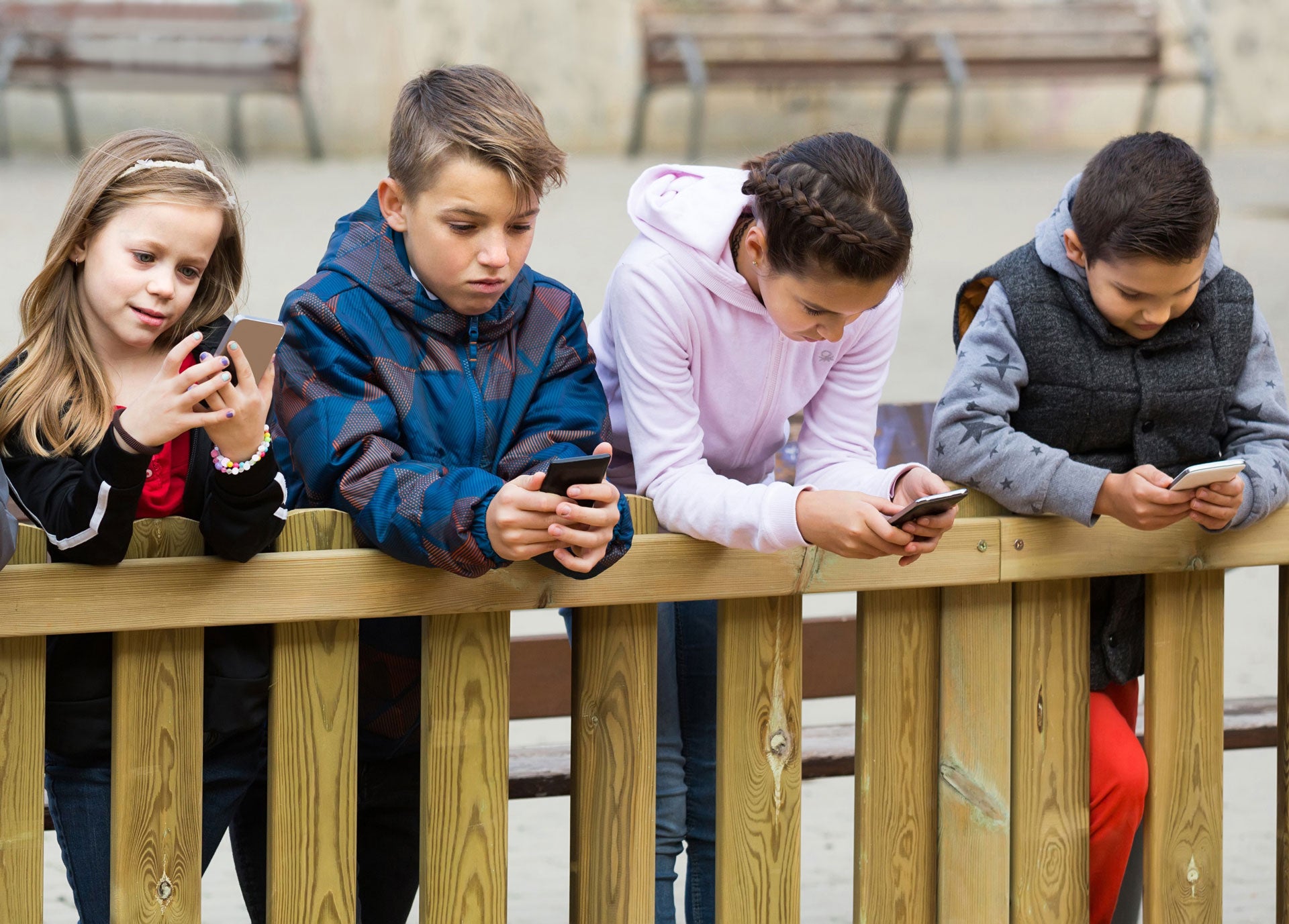
One in four children and young people are using their smartphone in a manner that is characteristic of behavioural addiction, according to research published today.
Researchers at King’s College London conducted an exhaustive analysis of 41 studies focusing on smartphone addiction around the world in children and young people conducted between 2011 and now.

Access deeper industry intelligence
Experience unmatched clarity with a single platform that combines unique data, AI, and human expertise.
This included studies in Asia, Europe and America, with a total of 41,871 participants.
Today’s research, which is published in the journal BMC Psychiatry, found that across all the studies, the rate of behaviour consistent with smartphone addiction averaged at 23%, ranging from 10-30% across the different studies.
Problematic smartphone usage: How smartphone addiction impacts children
Smartphone addiction, which is officially termed problematic smartphone usage (PSU) and is not yet officially classified as a behavioural addiction, is considered any smartphone-related behaviour that is characteristic of addiction.
Key examples are feeling upset of panicky when unable to access a smartphone; lacking the ability to control the amount of time spent on a phone and harming other enjoyable activities as a result of phone usage.

US Tariffs are shifting - will you react or anticipate?
Don’t let policy changes catch you off guard. Stay proactive with real-time data and expert analysis.
By GlobalDataThe researchers found that the symptoms of PSU were consistently linked with poor mental health and related measures, including lower educational attainment, poor sleep quality, depressed mood, anxiety and stress.
“There is currently a lot of public discourse around the possible negative effects of smartphone use, and previous research has tended to only examine the quantity and frequency of time spent on any technology or screen,” said study co-senior author Dr Ben Carter, from the Institute of Psychiatry, Psychology & Neuroscience (IoPPN) at King’s.
“Our review assesses the effects not just of heavy use, but of dysfunctional smartphone use, and by looking at an ‘addicted’ pattern of behaviour towards smartphones we have established correlations between this type of dysfunctional behaviour and poorer mental health outcomes.”
The researchers argue that their study highlights a real need for greater research into the issue.
“Smartphones are here to stay and there is a need to understand the prevalence of problematic smartphone usage,” said study co-senior author Dr Nicola Kalk, from the IoPPN.
“We don’t know whether it is the smartphone itself that can be addictive or the apps that people use. Nevertheless, there is a need for public awareness around smartphone use in children and young people, and parents should be aware of how much time their children spend on their phones.”
“Behavioural addictions can have serious consequences on mental health and day-to-day functioning, so there is a need for further investigation into problematic smartphone usage in the UK,” added study first author Samantha Sohn, also from the IoPPN.
“In order to determine whether PSU should be classified as a behavioural addiction we need longitudinal data looking at PSU in relation to more objective health outcomes, as well as evidence that people with PSU struggle to moderate their use.”
Read more: Does the rise of social media addiction warrant regulation? Experts have their say







